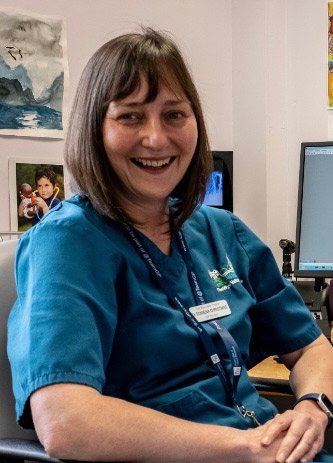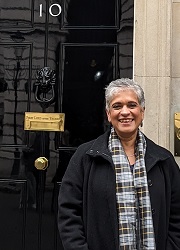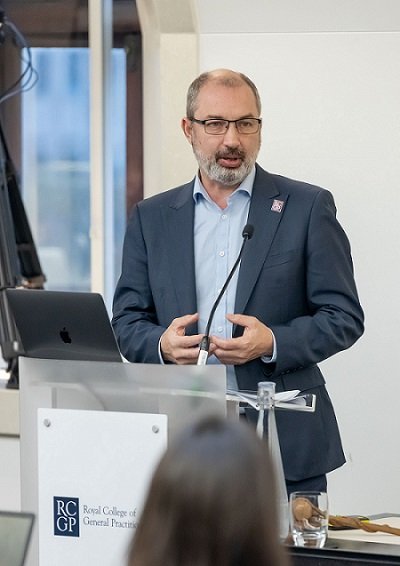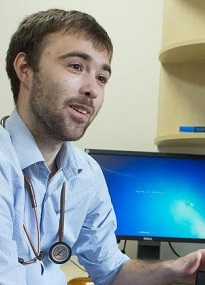

Political Paralysis
Attending school is not just a matter of a child getting a quality education, but also of building social skills. Unfortunately, school absence has emerged as a significant impediment.
Concern over this has led to a call from the Royal College of GPs for the profession to be a part of the solution. A paper brought to RCGP Council by RCGP Cymru Wales Chair, Dr Rowena Christmas noted the crucial role that GPs play in identifying and addressing early warning signs of persistent school absence.
Recent surveys, such as the 'Big Ask' survey in England, have illuminated the profound impact of the pandemic on children's lives. School absenteeism is not just about the child's physical health; it is often intertwined with family dynamics, socio-economic factors, and school environment. This issue is particularly pronounced among disadvantaged students, pointing to an urgent need to bridge these gaps and ensure equitable access to education. It is also the case that school provides a regular opportunity for a child to interact with responsible adults thus providing an opportunity for safeguarding concerns to be addressed.

The Crucial Role of GPs
Dr Christmas said: “We always need to be alert to workload pressures, but this should not prevent us from looking at what steps now, can actually ease pressure on GPs and help our patients in the long run.
“With our insight into families' lives and trusted positions within communities, GPs are often the first to notice signs of potential problems. We can foster a culture of regular school attendance, working with schools, education welfare services, and families to reduce the risk of persistent absence".
The paper proposes five principles to support GPs in helping young patients get the most out of school:
- Be alert to when it is better to encourage a child to attend school rather than take time off. Consistently promote school attendance, emphasising the importance of attendance for every child’s long-term outcomes.
- Reassure and have sensitive conversations with pupils and parents about anxiety, particularly at the start of new school terms, recognising the importance of minimising time missed during the first week of school.
- Remind ourselves that some schools have Mental Health Support Teams and most have a range of self-help resources and organisations we can signpost to.
- Encourage parents and carers to speak to school staff about any worries their child may have, enabling them to work together to support their child and improve attendance.
- Make it practice policy to try and schedule routine appointments to minimise time taken off school. Although broader in scope than just GP appointments, in 2020/21, there were 4.6m school sessions interrupted due to medical appointments.
“Every child deserves an equal chance to learn and grow. GPs hold a unique position to make a profound impact. By advocating for regular school attendance and fostering supportive environments, GPs can help shape a future where no child's potential is dimmed by persistent absence,” said Dr Christmas.
Read more

Thank you for your feedback. Your response will help improve this page.


